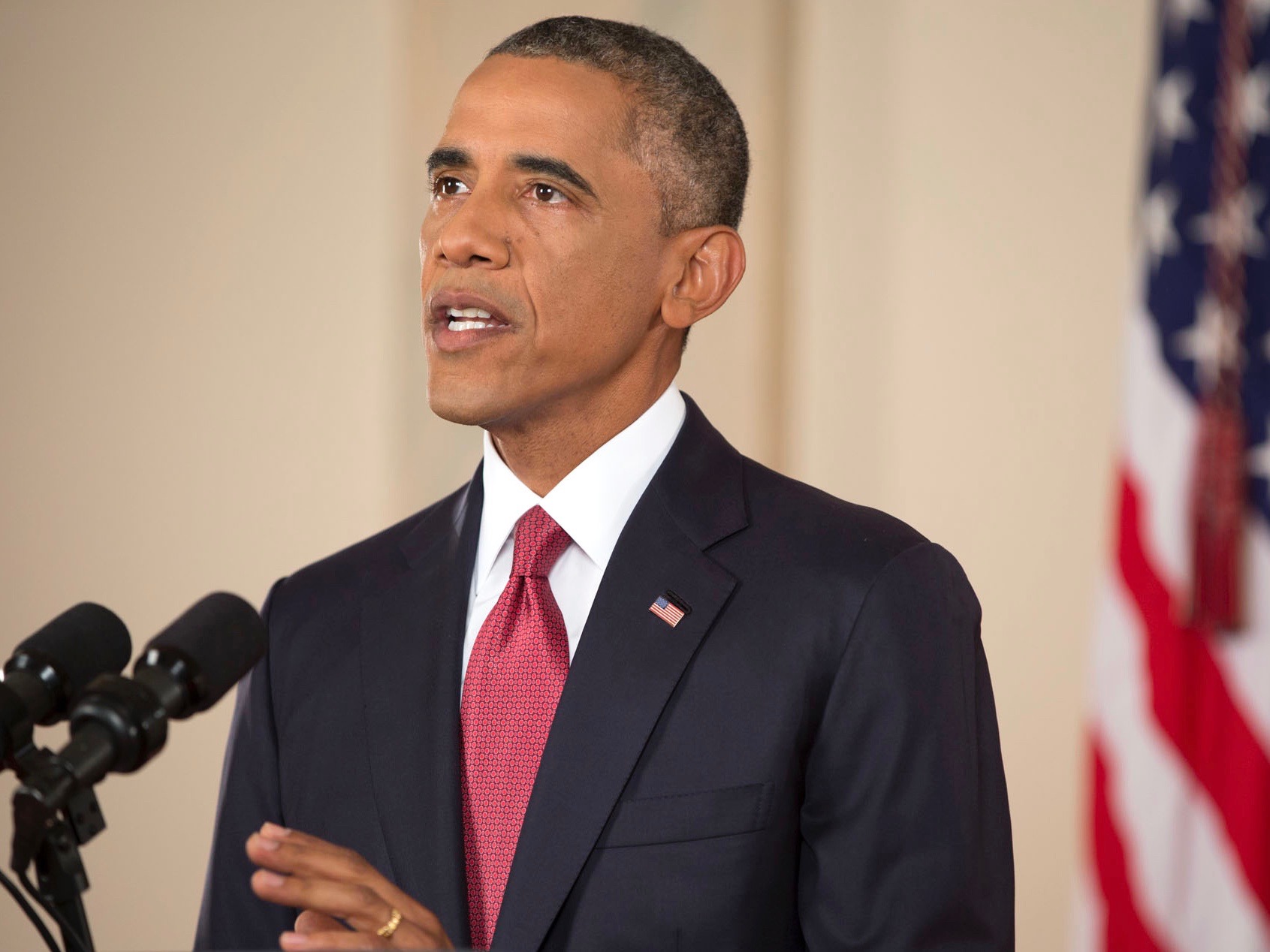Rauner decries Medicaid boost
But governor offers no solution except for jobs with health care
Gov. Rauner doesn’t like the state paying to expand Medicaid, but offers no alternative but for workers to get jobs with health care. (One Illinois/Ted Cox)
By Ted Cox
Gov. Rauner has denounced the expansion of Medicaid under the Affordable Care Act, but offers no solutions except that people should get jobs offering health care.
Rauner told the State Journal-Register last week that he would have vetoed the Medicaid expansion signed by his predecessor, Gov. Pat Quinn, in 2014, saying it “basically has dramatically increased costs for taxpayers, and it has increased the number of folks who are getting health care at the expense of taxpayers rather than through working, and I think that’s the wrong trend.”
What Rauner ignores is that many people working part-time or even full-time jobs are not offered health care as part of their employment.
President Obama expanded Medicaid to people making 138 percent of the federal poverty line in order to get them health care under the ACA, widely known as Obamacare. States were to operate the Medicaid program, but it would be paid for entirely at first by federal funds, with federal funding set to level off at 90 percent of the total cost to the state by 2010. According to Dean Olsen’s story in the Journal-Register, eligibility was set at an annual income of $16,753 for an individual, $22,715 for a couple, and $28,676 for a family of three.
President Obama sought to expand Medicaid to those needing health coverage by offering federal funding to the states to pay for it. (Obama White House Archives)
According to the state Department of Healthcare and Family Services, as of May Illinois had enrolled 614,430 people in the Medicaid expansion signed into law by Quinn four years ago. Illinois has a $22 billion Medicaid program, $3.28 billion of that devoted to the expanded enrollment. The state’s share of costs for that was $180 million last fiscal year, $218 million this fiscal year, when federal funding is set at 93 percent of the total cost on that way to that 90 percent level set for two years from now.
Medicaid is distinguished from Medicare, the federal program set to provide health care to older Americans, as it for the most part offers the same sort of protections to children, the poor, and the disabled.
Last week, in his final televised debate with Democratic challenger J.B. Pritzker, Rauner also suggested jobs were key to fighting urban gun violence, saying, “Violence gets driven by unemployment.” But he added that lower taxes and deregulation were essential to creating more jobs.
Supporters of the Medicaid expansion have countered that it pays for itself. The Illinois Health and Hospital Association said: “A healthier workforce is more productive and will have a positive impact on the state’s economy.”
While Rauner says the Medicaid costs get passed on to taxpayers, his critics point out that, for those lacking medical coverage, their inevitable health-care costs get passed on to hospitals or insurers and thus, in the end, to consumers in the form of higher medical costs and insurance premiums.
A new report from the nonpartisan Government Accountability Office released Monday pointed out that, in states that did not expand Medicaid under Obamacare, the poor are much more likely to put off doctor visits and other medical care until absolutely unavoidable — at which point the costs are much higher.
By contrast, the Illinois Health and Hospital Association has estimated that the Medicaid expansion has put $2.6 billion into the state economy and created almost 20,000 new jobs.
Figures like that have prompted Stephanie Altman, director of the Sargent Shriver National Center on Poverty Law, to state: “The economic engine of the Medicaid expansion more than pays for itself.”
In May, Illinois was sued for dragging its feet on the Medicaid expansion.
According to the Associated Press, President Trump has opposed the Medicaid expansion and tried unsuccessfully to repeal it in his first year in office.
Some 3.14 million Illinoisans are enrolled in the Medicaid program, or about a quarter of the state population.


